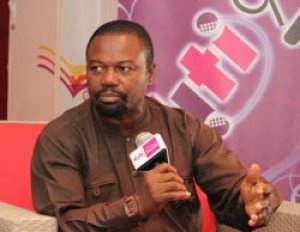A Centre for Local Government Advocacy (CLGA) and a Newsletter; Decentralisation Eye, to promote good local governance through evidence based research and capacity building for actors were on Tuesday launched in Accra.
Prof Vladimir Antwi Danso, Executive Director of the Centre and a Research Fellow at the Centre for International Affairs, Legon said it was a non-profit, non-sectarian organisation that offers a platform for research, training, agenda setting, and advocacy.
He said “we intend to bring democratic consolidation through decentralisation home so that the real socio-economic partners in development would take their proper place in the socio-political and economic development of Ghana.”
Prof Danso who said this at the launch of CLGA said, “this we promise to do in partnership with all stakeholders-government, the district, municipal assemblies and other non-governmental organisations.”
He said decentralisation was the key democratic consolidation and good governance adding that in Ghana, there was more of centralised decentralisation. A situation where efforts of government to decentralised is hampered by a desire to keep much power at the centre.
This is explains is a contradictory phenomenon that causes stagnation in democracy and development, about which has been spoken and written, but very little done.
Prof Danso said governments had often found it difficult to create the framework for effective decentralisation because of the lack of enthusiasm on the part of governments and partly due to the absence of advocacy institutions.
He expressed the hope that the centre will create the necessary props for effective decentralisation in Ghana.
Nii Lante Vanderpuiye, Deputy Minister of Local Government and Rural Development who launched the Centre and the Newsletter, expressed the hope that the centre would not engage in advocacy against government programmes.
Dr Oduro Osae, Dean of Graduate Studies and Research, Legon complained that since the introduction of local government elections, Ghana had six local government elections.
He said each election year came with one challenge or the other, however the learning curve had not been as smooth as expected as unresolved challenges from one local level election to the other continue to undermine the credibility, turnout, participation and involvement of the average Ghanaian in such local elections.
Regional News of Thursday, 2 October 2014
Source: GNA













